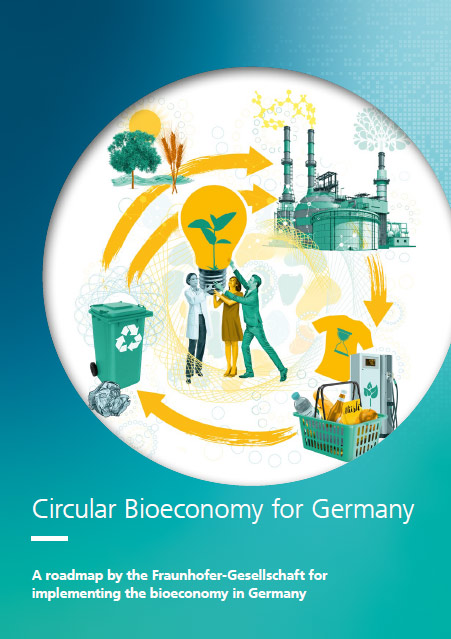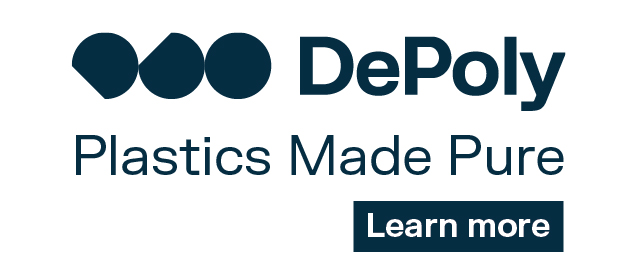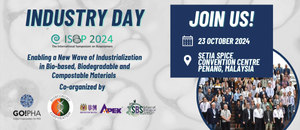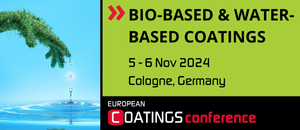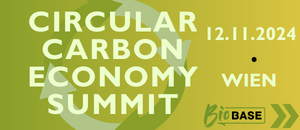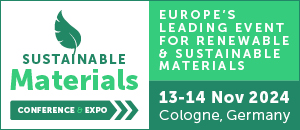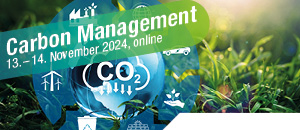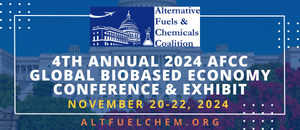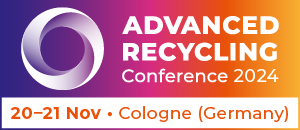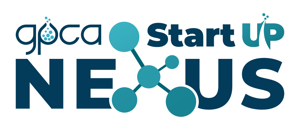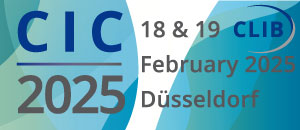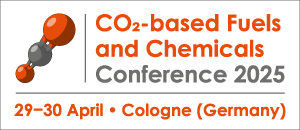Climate change, over-consumption of resources, international dependency on the supply of raw materials and an increasing global population are major challenges for politics, industry and society. To address these ongoing crises, raw materials must undergo a similar transition to those in energy and agriculture. In addition, resilient systems must be established to ensure the security of supply in Germany. A key factor in this process is the circular bioeconomy, which is based on the circular economy and the use of renewable raw materials instead of non-renewables. Researchers at the Fraunhofer-Gesellschaft are highlighting the scientific and technological potential of the bioeconomy in their roadmap “Circular bioeconomy for Germany”. The roadmap includes recommended actions to be taken at a political level to help accelerate the market ramp-up of bio-based products and technologies, and to address social and ecological challenges.
The circular bioeconomy fosters the raw materials, agricultural and energy transitions
Biomass is a raw material and carbon source for the bioeconomy, which, by definition, produces and uses biological resources: agricultural crops form the basis of our food, and wood is an important material, providing cellulose for use in paper production. Through the use of bio-based polymers or the production of biogas and biodiesel, biomass is also an alternative to non-renewable resources in the chemical and energy industries.
An interdisciplinary team of Fraunhofer researchers, coordinated by the Fraunhofer Strategic Research Field Bioeconomy, has analyzed the state of the art, opportunities and challenges in various fields of bioeconomy applications. They used these findings to derive recommendations for political actions.
The roadmap demonstrates that with a circular bioeconomy, our lives and economies can be sustainable, saving resources and protecting the climate. In a circular bioeconomy, biogenic raw materials are used in value creation cycles, taking into account the Food First principle: once products have been used, closed-loop cycles and recycling mean that they can be reused as much as possible or returned to the carbon cycle by biodegradation.
As well as outlining the technological possibilities and requirements, the roadmap also highlights the need for adaptations in the framework conditions: this entails removing regulatory hurdles, getting technology transfer investments off the ground, and engaging stakeholders and consumers at an early stage to promote the entry of new processes and products onto the market and advance more environmentally and climate-friendly economies.
Participating Fraunhofer Institutes
- Fraunhofer Institute for Applied Polymer Research IAP Fraunhofer-Gesellschaft
- Fraunhofer Institute for Industrial Engineering IAO
- Fraunhofer Institute for Building Physics IBP
- Fraunhofer Institute for Interfacial Engineering and Biotechnology IGB
- Fraunhofer Institute for Wood Research Wilhelm-Klauditz-Institut, WKI
- Fraunhofer Institute for Molecular Biology and Applied Ecology IME
- Fraunhofer Institute for Manufacturing Engineering and Automation IPA
- Fraunhofer Institute for Systems and Innovation Research ISI
- Fraunhofer Institute for Environmental, Safety and Energy Technology UMSICHT
- Fraunhofer Institute for Process Engineering and Packaging IVV
Downloads
- Roadmap “Circular Bioeconomy for Germany” [ PDF 3.67 MB ]
- Brochure “Circular Bioeconomy for Germany” [ PDF 1.26 MB ]
Source
Fraunhofer-Gesellschaft, press release, 2023-09-20.
Supplier
Fraunhofer IAO | Center for Responsible Research and Innovation (CeRRI)
Fraunhofer Institute for Molecular Biology and Applied Ecology IME
Fraunhofer Institute for Systems and Innovation Research ISI
Fraunhofer-Gesellschaft
Fraunhofer-Institut für angewandte Polymerforschung (IAP)
Fraunhofer-Institut für Bauphysik (IBP)
Fraunhofer-Institut für Grenzflächen- und Bioverfahrenstechnik (IGB)
Fraunhofer-Institut für Holzforschung Wilhelm-Klauditz-Institut WKI
Fraunhofer-Institut für Produktionstechnik und Automatisierung (IPA)
Fraunhofer-Institut für Umwelt-, Sicherheits- und Energietechnik (UMSICHT)
Fraunhofer-Institut für Verfahrenstechnik und Verpackung (IVV)
Share
Renewable Carbon News – Daily Newsletter
Subscribe to our daily email newsletter – the world's leading newsletter on renewable materials and chemicals

